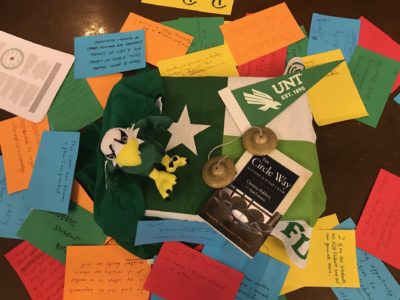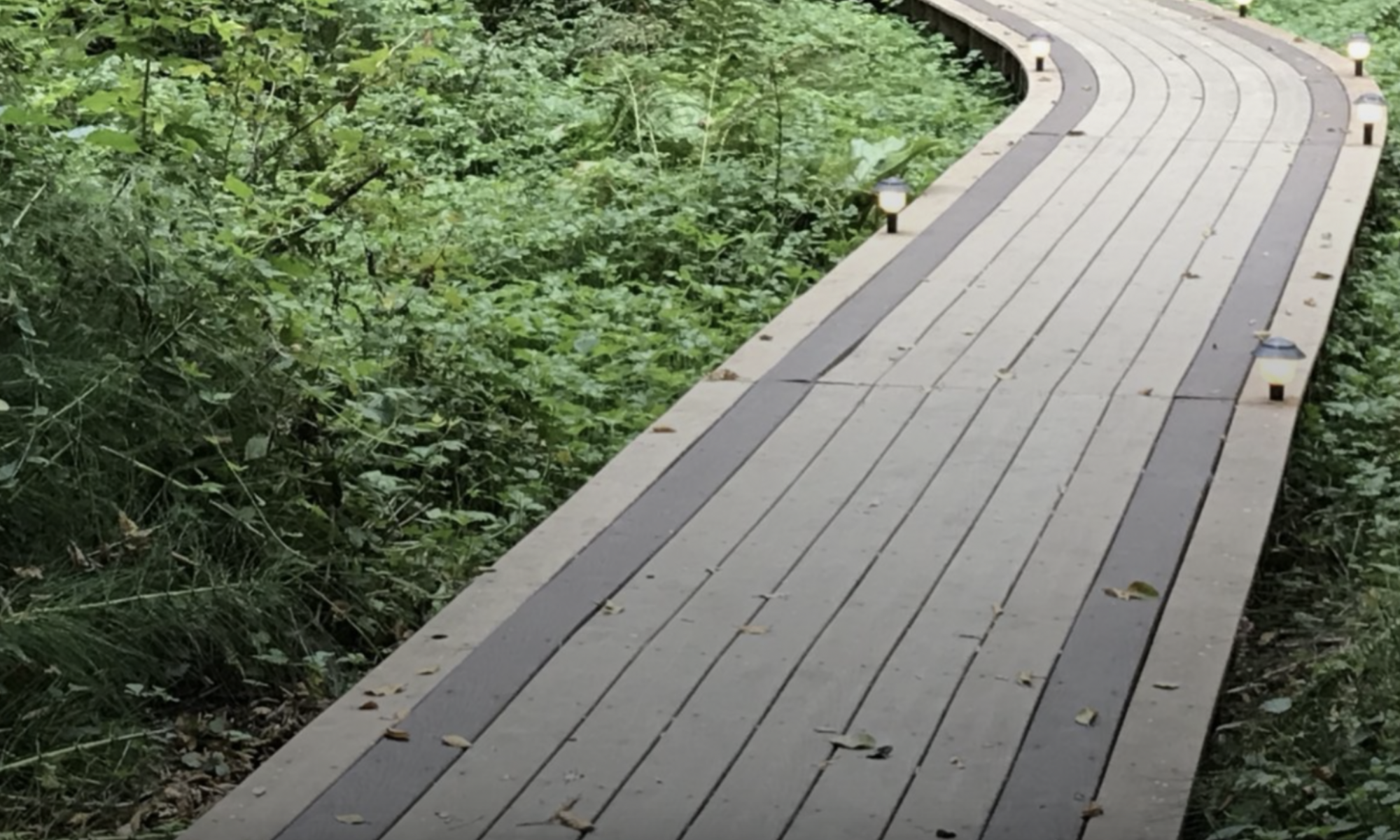Somewhere along the way, people began advocating for business and friendship to become separate. Like any separation, it had good intention. When it comes to business and friendship, curbing nepotism comes to mind.
But also. like any separation, it’s easy to overplay the initial good intent, rendering two things that are inherently related to be oddly and weirdly disjointed. Run amuck, this separation is a process of building not just protections, but protections around protections. The image for me is a system of hedges meant to create boundary from something in the middle. The original concept is to protect what is in the middle. However, humans being who we are, the emerged and frightened concept is to protect the hedges too. It’s like a parent saying “don’t ever go in to the kitchen” when the real need is to not turn on the gas stove and leave it unattended.
It was Chris Corrigan that first taught me this phrase — Friendship is The Business Model. It was in one of our Art of Hosting events over the last 15 years. It was a contrast to prevailing assumptions that friendship is too soft or too corrupt to be aligned with good business desire. Chris embodies this kind of friendship, which makes it all so much more accessible. He’s a stunning teacher, a sensitive and thoughtful human being, and a person who invites friendship as a most core practice. And, as always, I love the bridging between hard core business and deep human abilities. How can you argue with a good business model — that’s unchallengeable, right. Friendship, well that’s something that’s most often referenced as good to experience, and usually is interrupted by some comment from the business paradigm of “let’s get back to the real world now.”
Absurd.
In organizations — and in leadership in organizations — patterns matter. It’s less about tenacious command and control of all the infinitely minute details (though there are of course times and circumstances when that matters). It’s more about creating just enough narrative, practice, and container for patterns to be practiced at scale. Friendship is one of these. Funny, right. How silly. Friendship as narrative, practice, and container implies that it is important to develop our relationships with each other. It defines what we are up too — it’s not just producing products and services that can scale in the capitalist model. Friendship as narrative, practice, and container gives us alternative insight to what we are scaling. Friendship as a core to creativity. Friendship as an essence for innovation. Friendship as a core competency to lean into difficult circumstances. Friendship as organizing system for doing the daily work.
The best friends I have aren’t trying to coerce me into something. And if they are, it comes with a playful wink and a smile. The best friends I have are tuned to a bigger picture of evolving lives and circumstance, and are able to be serious about it, but also playful. The best friends I have lean into a mystery and enjoy going it both together and alone, but mostly together. When I think “business models” I think of what you go to the bank with to receive support of capital. Friendship is a kind of capital to grow together — and, yeah, is more than just numbers, and isn’t just open Monday through Saturday 9:00 – 5:30.
Narrative. Practice. Container. Business Model.




